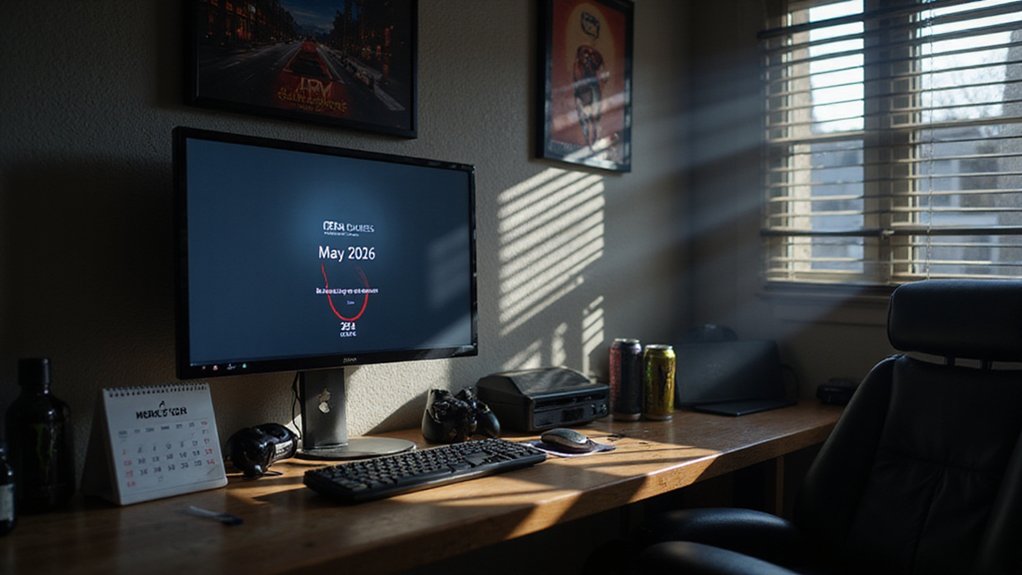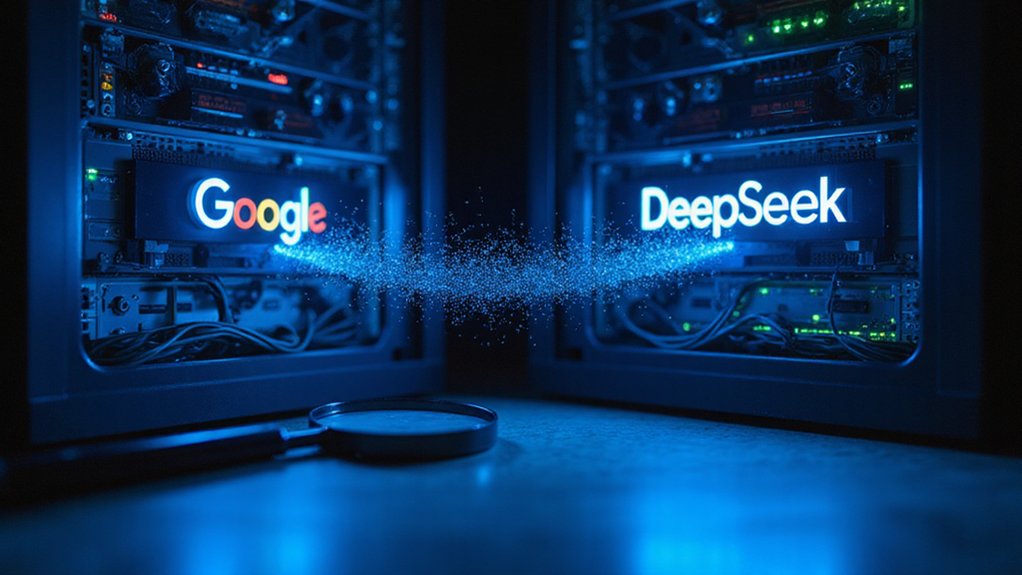NVIDIA has forcefully rejected Anthropic’s claims about Chinese GPU smuggling operations as “utter rubbish.” Anthropic alleged smugglers were hiding chips in fake pregnancy prosthetics and lobster shipments, calling it a national security threat. NVIDIA CEO Jensen Huang defended existing export controls and warned against overregulation that could harm innovation. The dispute highlights tensions between security concerns and technology advancement in the competitive AI industry. The conflict reveals deeper divides about global tech policy.
While GPU maker NVIDIA and AI company Anthropic clash over the scope of a growing problem, reports of elaborate smuggling operations moving restricted computer chips into China have sparked debate about export controls.
Anthropic has made serious allegations about sophisticated smuggling schemes that involve hiding NVIDIA GPUs in unusual ways, including fake prosthetic baby bumps and shipments of live lobsters.
Tech firm claims smugglers hide NVIDIA chips in fake pregnancies and lobster shipments to bypass export controls.
The AI company describes these operations as a “major threat” to U.S. national security and America’s leadership in artificial intelligence. They claim these smuggling rings involve hundreds of millions of dollars worth of chips that are being illegally transported despite export restrictions.
NVIDIA has strongly rejected these claims, calling them “utter rubbish” and “tall tales.” The GPU maker insists that current export controls are working well and that Anthropic is exaggerating the situation. NVIDIA worries that such claims could lead to overregulation that might hurt innovation and America’s competitive edge.
Specific incidents cited by Anthropic include a 2022 case where someone tried to smuggle 200 CPUs using a prosthetic pregnancy belly, and a 2023 case where GPUs were discovered hidden in shipments of live lobsters bound for China.
The disagreement highlights a broader debate about how to control sensitive technology exports. Anthropic wants more funding for export enforcement and adjustments to current rules. They believe the AI Diffusion Rule needs changes to better balance security concerns with appropriate access for allied nations.
NVIDIA counters that focusing on technological advancement would serve America better than adding more trade restrictions. CEO Jensen Huang has been vocal about promoting the global diffusion of AI rather than imposing barriers that could hinder progress.
The dispute between these tech giants reflects industry-wide concerns about technology transfers to China and global competition in artificial intelligence. While individual smuggling cases make for dramatic stories, experts continue to debate whether they represent a systemic problem requiring stronger regulatory action.
Chinese Customs officials have documented numerous bizarre smuggling attempts involving smaller processors and graphics cards, suggesting the problem may be more pervasive than either company acknowledges.
The unpredictable policy landscape surrounding technology export controls further complicates strategies for both companies in this heated dispute.
References
- https://www.pcgamer.com/hardware/graphics-cards/nvidia-denies-tall-tales-that-chips-are-being-smuggled-in-fake-baby-bumps-and-alongside-live-lobsters/
- https://www.tomshardware.com/pc-components/gpus/despite-nvidia-claims-chinese-smugglers-have-used-live-lobsters-and-fake-baby-bumps-to-traffic-chips
- https://opentools.ai/news/anthropic-vs-nvidia-the-smuggling-showdown-over-gpus









